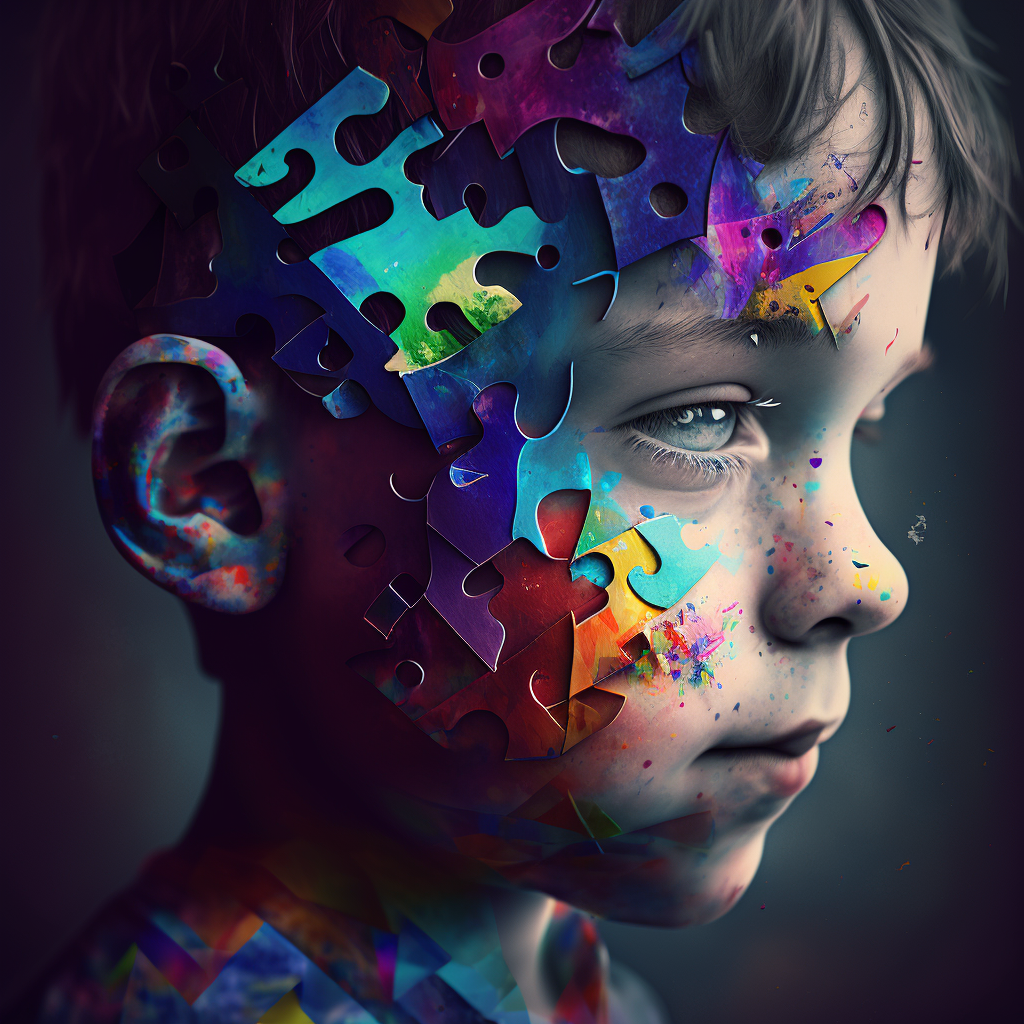13 februari 2023 – Leiden, Nederland
Unraveling the Mystery Behind the Surge of Autism Diagnoses
Today we’re talking about a topic that is close to my heart – autism spectrum disorders. The rise in diagnoses of autism spectrum disorders has been a topic of much consideration and conversation in recent times. And I know that some of you may have concerns about a potential connection between vaccinations and autism. Now, let me be clear: the scientific evidence does not support this theory. But I understand where this concern is coming from. People are looking for answers and want to find a way to make a positive impact.
And that’s exactly what we should be doing: working together to find the root causes of this rise in diagnoses, and doing everything in our power to support individuals with autism and their families. Autism is a complex and fascinating condition and I believe it’s important that we take a closer look at it.

Some Facts
Autism Spectrum Disorders (ASD) have seen a significant rise in diagnoses over the past few decades. According to the Centers for Disease Control and Prevention, the prevalence of autism has increased from 1 in 150 children in 2000 to 1 in 59 children in 2018. This rise in diagnoses has led to much speculation about the reasons behind it.
It’s important that we recognize that the rise in autism diagnoses is not simply a reflection of an increase in the number of individuals with the disorder. It’s a reflection of the complex and challenging environment in which we live. A world that can make it difficult for individuals with autism to navigate social situations. And I want to take a moment to talk about the historical context of autism and how it may have been perceived and valued in different societies.
Did autism exist in the past?
You see, in the past our culture used to be more homogeneous. In situations where social norms and behaviors are more consistent, it’s easier for individuals to learn about the “do’s and don’ts” of social interaction. In pre-industrial or agricultural societies, where people lived in close-knit communities and performed repetitive tasks, the skills and traits commonly associated with autism – like attention to detail and a strong focus on routine – might have been advantageous. In a small, rural farming community, for example, an individual with autism might have been particularly well-suited for tasks like plowing fields or tending to animals. These tasks required a strong focus on routine and attention to detail, and individuals with autism were equipped to handle them.
But here’s the thing – in these simpler, pre-industrial societies, the disorder may not have been detected or diagnosed because it did not cause significant impairment in daily functioning. The limited number of social interactions and more homogeneous social norms meant that individuals with autism were less likely to experience difficulties in social communication and interaction. If you mostly meet the same people each day and to the same job, things become a lot less challenging.
In these societies, individuals with autism may actually have been valued for their unique skills and abilities, rather than being stigmatized or marginalized. This highlights the role that social and cultural factors play in shaping our understanding and perception of autism.
Autism today
In today’s more multicultural societies, where we’re exposed to a wider range of social norms and behaviors, it can be more challenging to understand and navigate social situations. This can be especially difficult for individuals with autism, who may struggle with social communication and interaction. This means there are not more people with autism, but just that being human has become more difficult for everyone.
Think about it this way – when we see an increase in people who are going deaf, we don’t attribute that solely to a rise in the number of individuals with an inborn hearing disorder we look for causes outside.
According to the World Health Organization (WHO), over 5% of the world’s population, have disabling hearing loss. This number is projected to rise to over 900 million by 2050. In addition, the World Health Organization has noted that nearly 50% of hearing loss is avoidable, as it is caused by preventable factors such as exposure to loud noise. This highlights the role that environmental factors, such as noise exposure, play in shaping our experiences and understanding of hearing loss.
This analogy can be applied to autism, as the rise in ASD diagnoses should not be solely attributed to a rise in the number of individuals with the disorder, but rather to the complexities of modern society. We have put more people close to the proverbial social subwoofers, so we should not be surprised if more people have social hearing difficulties.
By recognizing the role of situational factors, such as the complexities of modern society, we can work towards a more nuanced understanding of autism that considers both the individual and their environment.
Why don’t we recognize the role a complex society plays in Autism?
The perspective that we underestimate the importance of external factors, such as the increased complexity of our society, aligns with the attribution principles in psychology, which suggest that our tendency is to exaggerate the importance of stable internal factors, such as individual characteristics, and under-estimate the role of situational factors in shaping behavior and experiences.
For example, when observing an individual struggling with social communication and interaction, it is easy to attribute their difficulties to their autism, rather than considering the complexities of modern society.
By recognizing the tendency of our psychology to over-emphasize internal factors and under-estimate situational factors, we can work towards a more nuanced understanding of autism that considers both the individual and their environment. This may involve making accommodations and modifications in our schools, workplaces, and communities to support individuals with autism and create more inclusive and supportive environments.
In conclusion
Don’t see all autism diagnoses as a disorder but see it as a signal that more and more people are unable to cope with the rising complexity of modern society. Don’t blame vaccinations, but blame our quickly changing world instead. A world we created. A world we can change.




0 reacties